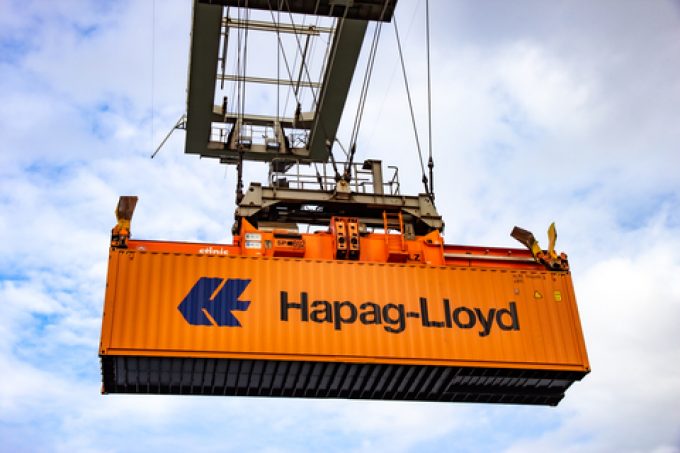Airfreight demand expected to weaken through Q2
Weak ecommerce demand has seen cancellations of airline block space agreements and charters, particularly to the ...

Ocean carriers are heavily discounting spot cargo from Asia as ‘top up’ for their much higher paying contract business.
But steep rises in bunker prices and skyrocketing operating costs suggest pre-pandemic rate levels are unsustainable in the longer-term.
Overshadowed by Hapag-Lloyd’s record $14.7bn net profit for the first nine months of this year was the 22% spike in its transport expenses per unit, compared with the same period of 2021.
The headline was a 71% spike in bunker expenses, but there were also ...
Volcanic disruption at Anchorage could hit transpacific airfreight operations
Macron calls for ‘suspension’ – CMA CGM's $20bn US investment in doubt
Forwarders stay cool as US 'liberation day' tariffs threaten 'global trade war'
Shippers snap up airfreight capacity to US ahead of tariff deadline
De minimis exemption on shipments from China to the US will end in May
Tighter EU import requirements proving 'a challenge' for forwarders
Looming Trump tariffs will create 'a bureaucratic monster' for Customs

Comment on this article
Brad Fallon
November 14, 2022 at 4:54 pmThe carriers are clearly in it for themselves and really don’t care about any long term relationships. Over the last few years, rates skyrocketed to unprecedented levels and carriers sold space to the highest bidders. They used every means to add more money to their bottom line. They broke laws and damaged the economies of many, it not all countries.
I really find it hard to find any sympathy for their current plight. I, like many, have already blacklisted the worst offenders and will hopefully never have to use them again.
Daniel Pettersson
November 14, 2022 at 5:25 pmHaha. A bit too early to talk about liners going out of business Confident that most importers would love to see a year or two of unsustainable rates for the liners too. Zero sympathy out there right now.
Confident that most importers would love to see a year or two of unsustainable rates for the liners too. Zero sympathy out there right now.